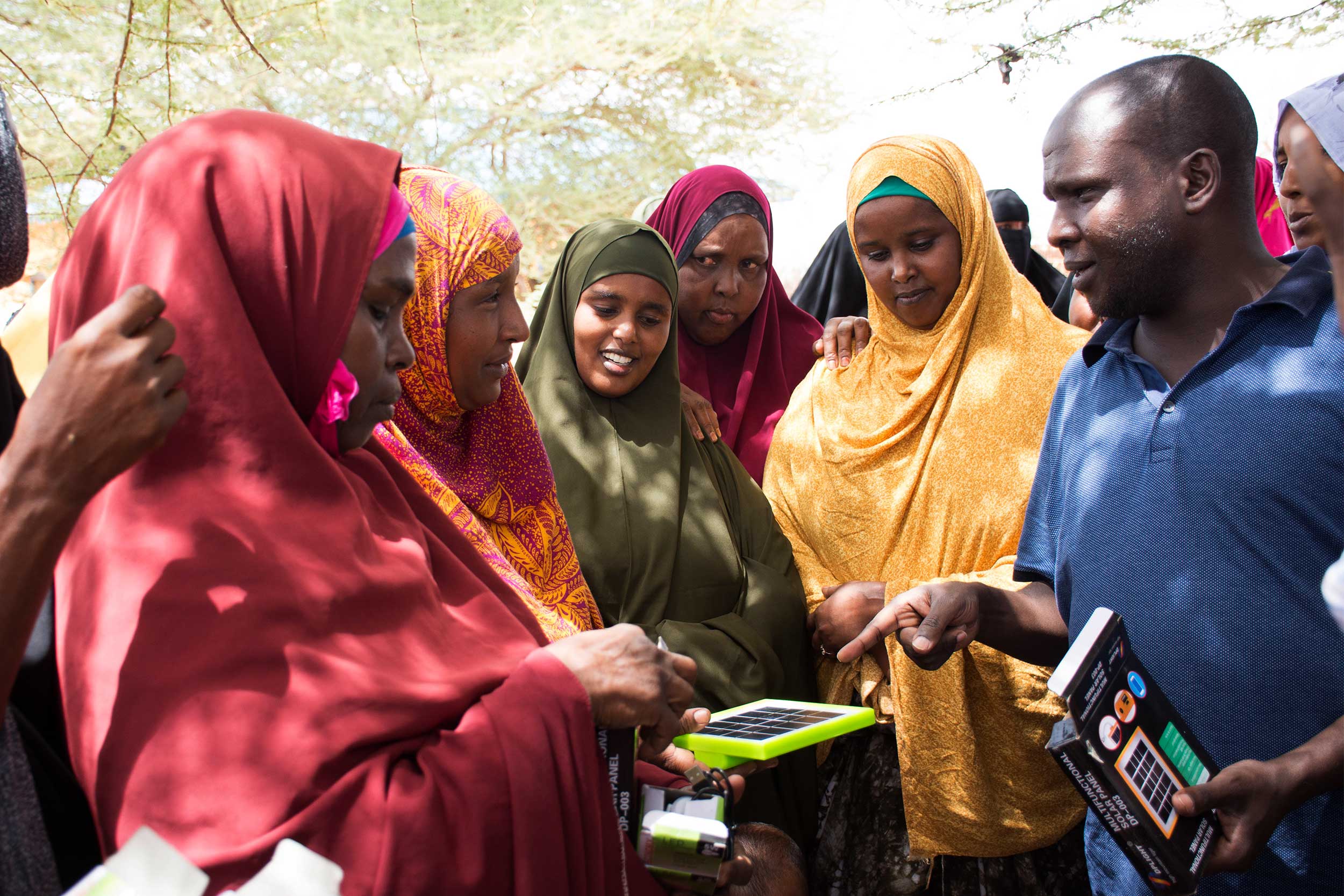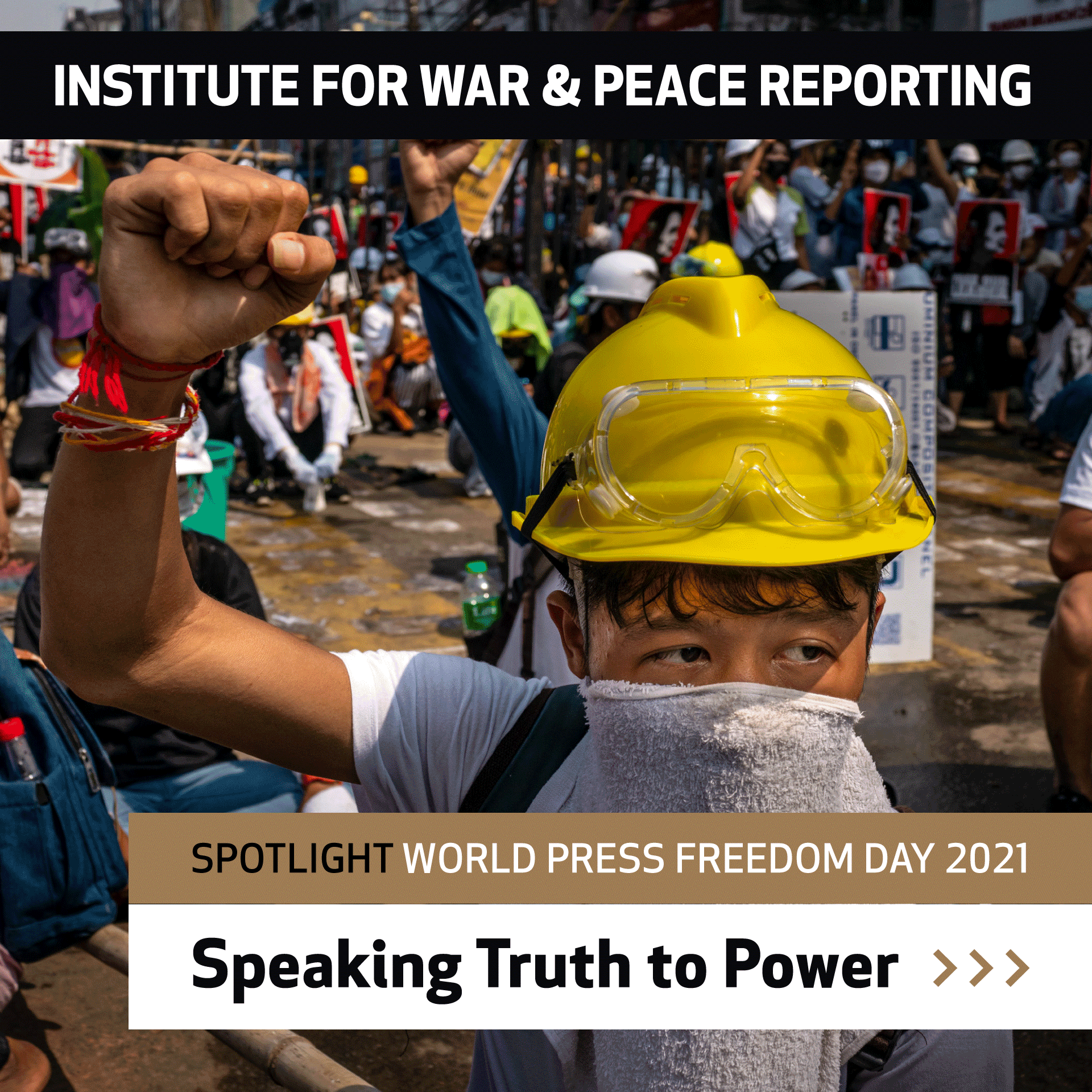Kenya: Combating Extremist Narratives Around Covid-19
How local journalists are working to stop radicals exploiting the pandemic as a recruitment tool.
Kenya: Combating Extremist Narratives Around Covid-19
How local journalists are working to stop radicals exploiting the pandemic as a recruitment tool.
The big story in Kenya right now is the weaponisation of Covid-19.
Non-state actors are spreading the message that this disease came to ‘cleanse’ certain communities and religions.
For instance, one story designed to promote interfaith violence was that the vaccine contained enzymes from pigs.
Such narratives are being used as a recruitment tool by violent armed groups, and the containment measures and the lack of proper security have allowed them to take this opportunity.
The best weapon to overcome these challenges is to use what we call vernacular language local radio, It’s a powerful tool.
"The big story in Kenya right now is the weaponisation of Covid-19."
I'm a science and development journalist based in Northern Kenya, and have experience in solutions-based journalism on climate change and health, as well as cross-border investigative journalism.
I'm founder of a nonprofit community media organisation called Kenya Pastoralists Journalists' Network which produces untold and under-reported stories from the northern Kenya Region.

We translate material into local languages that people can understand and digest. We help people make informed decisions based on that information, and hold community radio listening groups. People in remote villages sit together under a tree, and listen to a solar powered radio for an hour away from their livestock. Sometimes they listen to a program on a flash disk using the radio’s USB slots. Attendance is often 100 per cent.
After they listen to the program, they sit down and have a conversation about what action they should take, what to do next. I work between Wajir and Mandera, and there are remote areas away from regular radio frequencies, so cut off from communication.
These communities are an easy target for misinformation and radicalisation. The border areas are also an easy target for armed extremism, but the listening programme is a very powerful tool. People are kept abreast of the news, they listen and learn to see how they can replicate ideas from around the world into their own remote setting.
In some places you can’t bring a health visitor because they would be abducted, but you can train people to use the USB radios, and they’ll have a session and discuss solutions.
The border is porous and there is a flow of information from the other side of the border; [extremists] want to use that information also, to ensuring that they control that vast and unmanned region.
Their strategy now is to weaponise Covid-19, but even before that they were packaging misinformation, telling people that the government was not developing the region because they don’t like you. It triggered hatred, and took advantage of the anger that local people had. They said that Covid-19 was manufactured in an American lab to wipe out our [Muslim] religion.
The IWPR training was a godsend. It is useful to find out how extremists are operating in the region using geolocation, and I’m now using Twitter, checking Facebook and Instagram, and using network analysis for my stories. This is new for me, and a wonderful skillset. I’m using these skills for my IWPR assignment which is an investigation into non-state actors in northern Kenya.
This publication was produced as part of IWPR's Africa Resilience Network (ARN) programme.

